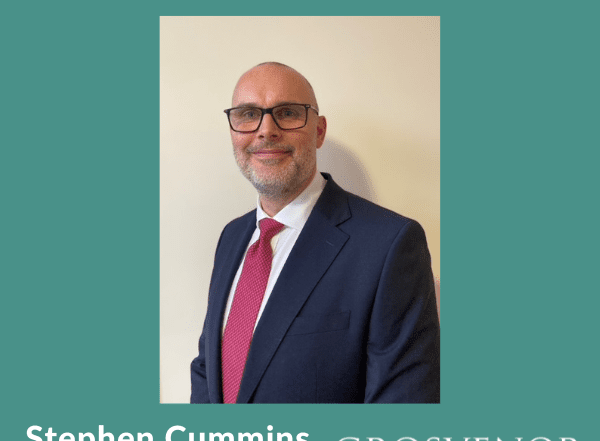The UK government offers a number of legitimate ways to reduce the amount of Inheritance Tax (IHT) you pay. For example, through effective planning, you could make sure that you give friends or family gifts of assets or cash up to your maximum tax-free allowance each year. Alternatively, you may decide to put your assets into a Trust on their behalf – we’ll be looking at this in more detail in our next blog.

However, IHT is a major source of income for the government – in 2020, they gained over £5.5bn in revenues from it. So, they impose strict and complex rules to govern what you can and can’t do to reduce your IHT bill. Even so, if you take trusted advice from a recognised professional financial adviser, you should be able to create a tax-efficient plan that includes legitimate ways of limiting the amount of IHT you pay.
In particular, if you’re a business owner (and, in some cases, even if you’re not), there are a number of options available to you. However, these schemes can be risky and depending on the nature of your business, you may not qualify for relief, so we strongly recommend you take advice before considering them.
Business Property Relief
You can claim Business Property Relief (BPR) from IHT on any qualifying business property that you transfer to your spouse or children. To qualify for this relief, you need to have owned the business for at least two years. But this only applies to certain kinds of business, so it’s always a good idea to talk to a professional adviser before you make any decisions. You can arrange to transfer the assets at any time – either while you’re alive or when you die. And the amount of IHT relief you get will depend on the kind of assets you transfer to them.
Even if you don’t own a business, you may still be able to take advantage of BPR, if you’ve held tax-efficient investments for more than two years. But this is a highly complex area, so we’d always suggest that you to talk to a trusted adviser about your personal circumstances and requirements before deciding.
Discretionary Trusts
As a business owner, you can pass business assets to your spouse or children through a Discretionary Trust. The assets in the Trust are managed by the trustees, and your spouse or children receive income, dividends or shares from the Trust at their discretion. If any of the assets in the Trust are sold and the proceeds stay in the Trust, the IHT rate applied to these proceeds is also reduced from 40% up to 6%.
Enterprise Investment Schemes
If you invest in an Enterprise Investment Scheme (EIS), you’re investing in a qualified trading, unlisted business. Under the EIS, you retain ownership of any assets, such as property, buildings or machinery, and Inheritance Tax relief is applied to them as long as you own them for at least two years, and you still own them when you die. If you hold the assets for five years, they also qualify for other forms of tax relief.
What to avoid
Of course, there are also a number of illegal ways of avoiding IHT. In general, our advice would be that if a scheme seems too good to be true, it usually is. If you think you’re getting involved in a suspect scheme to avoid paying tax, you could be liable for serious punishment if you’re caught. However, if it’s down to a genuine mistake and you let HMRC know as soon as possible, they’re likely to take a more lenient view.
Talk to us
We go out of our way to offer trusted advice that works within all the rules laid down by HMRC. It’s an approach that offers you efficient IHT planning to help reduce your tax burden effectively and legitimately.
PLEASE NOTE: Grosvenor Wealth Management Ltd is authorised and regulated by the Financial Conduct Authority. The value of investment can go down as well as up and you may not get back the original amount you invested. Tax treatment is dependent on individual circumstances and may be subject to change. Tax planning is not regulated by the Financial Conduct Authority.
Please use the form to the right to send us your question or request a call back.
We look forward to welcoming you to Grosvenor Wealth Management.
GWM welcome Stephen Cummins to our growing Adviser team
At Grosvenor Wealth Management, we’re starting off 2023 on a high by growing our financial [...]
Passing on Wealth to the Next Generation
Millions of Britons say they want to plan to pass on wealth to their children [...]
Smart Money January February 2023
Don't miss the ISA deadline Welcome to the January/February 2023 edition of Smart Money. Welcome [...]
The 2023 financial calendar: Key dates investors should consider
There is no shortage of important dates to be aware of which are likely to [...]
GWM’s 12 financial planning tips of Christmas
As the Christmas holidays approach and some opportunities for rest start to present themselves, December [...]
Giving the gift of money this Christmas
As we approach the holiday period, some may be considering making gifts to family members [...]







